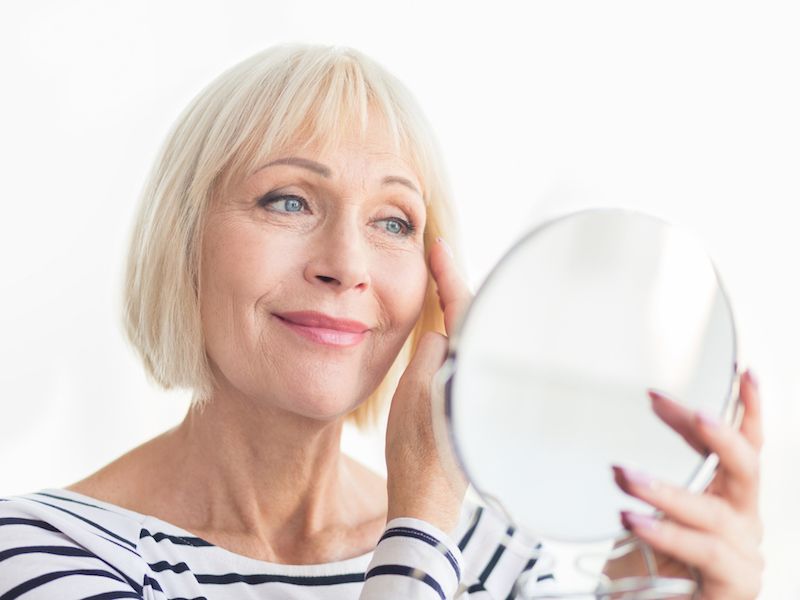
It seems like we’re always attempting to stay young. We spend countless hours trying everything possible to stay youthful. From special diets to gym memberships to Botox to wrinkle creams. And yet, even with all that effort (and all those hours), we tend to avoid doing one easy thing that could really work: wearing ear protection.
Many people most likely think of hearing loss as inevitable as we get older. But it’s not as simple as that. You can keep your hearing in good condition and help prevent damage by safeguarding and taking care of your ears. And as the years go on, strong hearing can have significant anti-aging rewards.
Hearing And Aging
When we discuss “aging” we don’t normally mean the actual passage of time. Rather, “aging” generally describes the presentation of certain emotional, mental, or physical characteristics that we associate with aging. Pain in your joints is a great example of this. You might associate sore knees, for instance, with “getting old”. But it’s not age alone that leads to the problem (your everyday 5-mile run might have something to do with it, also).
The same goes for many types of hearing loss. There’s an accumulation of damage as you age. The build-up of damage, in most cases, is the actual cause of hearing degeneration. And it’s typically downhill from there. Several other signs of aging have been connected to hearing loss:
- Research has shown a strong connection between untreated hearing loss, anxiety, and depression.
- In some situations, the mental strain involved in trying to hear can cause issues such as memory loss or insomnia. And that can make you feel like you’re aging in a particularly intense way.
- Untreated hearing loss could cause you to isolate yourself from family or friends.
- The onset of mental issues, including dementia, can sometimes be hastened by ignored or unnoticed hearing loss.
What to do About Age Related Hearing Loss
You’re really emphasizing damage prevention when you fight the “signs of aging” in your ears. And fortunately, there are a few ways to achieve that. Here are a few things you can do:
- As much as you can, avoid loud noises. If you have to expose yourself to loud noise, wear hearing protection. So make sure you wear earplugs when you go to that rock concert.
- Wear hearing protection to work if your job exposes you to loud noise. Modern ear muffs have amazing technology that can allow you to hear voices with clarity while eliminating loud, harmful environmental sounds.
- Raise your awareness. You can still have harm to your hearing even if sounds aren’t painfully loud. Your hearing can also be damaged by moderate noise if you are exposed to it for long time periods.
Your ears can be safeguarded by all of these steps. But in order to keep your hearing in good shape you can do one more thing: make an appointment with us for a hearing test. Catching hearing loss before it’s perceptible can be accomplished by getting regular screenings. You should still get an exam even if your hearing is normal so that you can have a baseline to compare against in the future.
Keep Your Hearing Healthy With Hearing Aids
We live in a loud world. Your ability to protect against damage is crucial, but you may eventually notice some hearing loss in spite of your best efforts. You need to seek out help right away if you do notice any symptoms of hearing loss. Some of the age related problems associated with hearing loss can be avoided with a good pair of set aids.
Hearing aids can help your ears function more youthfully, sort of like a facelift for your ears. And that can help keep depression, dementia, and other problems at bay. The example isn’t ideal, because hearing aids are necessary and a facelift isn’t, but you get the point. You may look younger if you use wrinkle cream. But if you really want to battle aging and feel somewhat more youthful, your best choice is to safeguard your ears and treat your hearing loss.